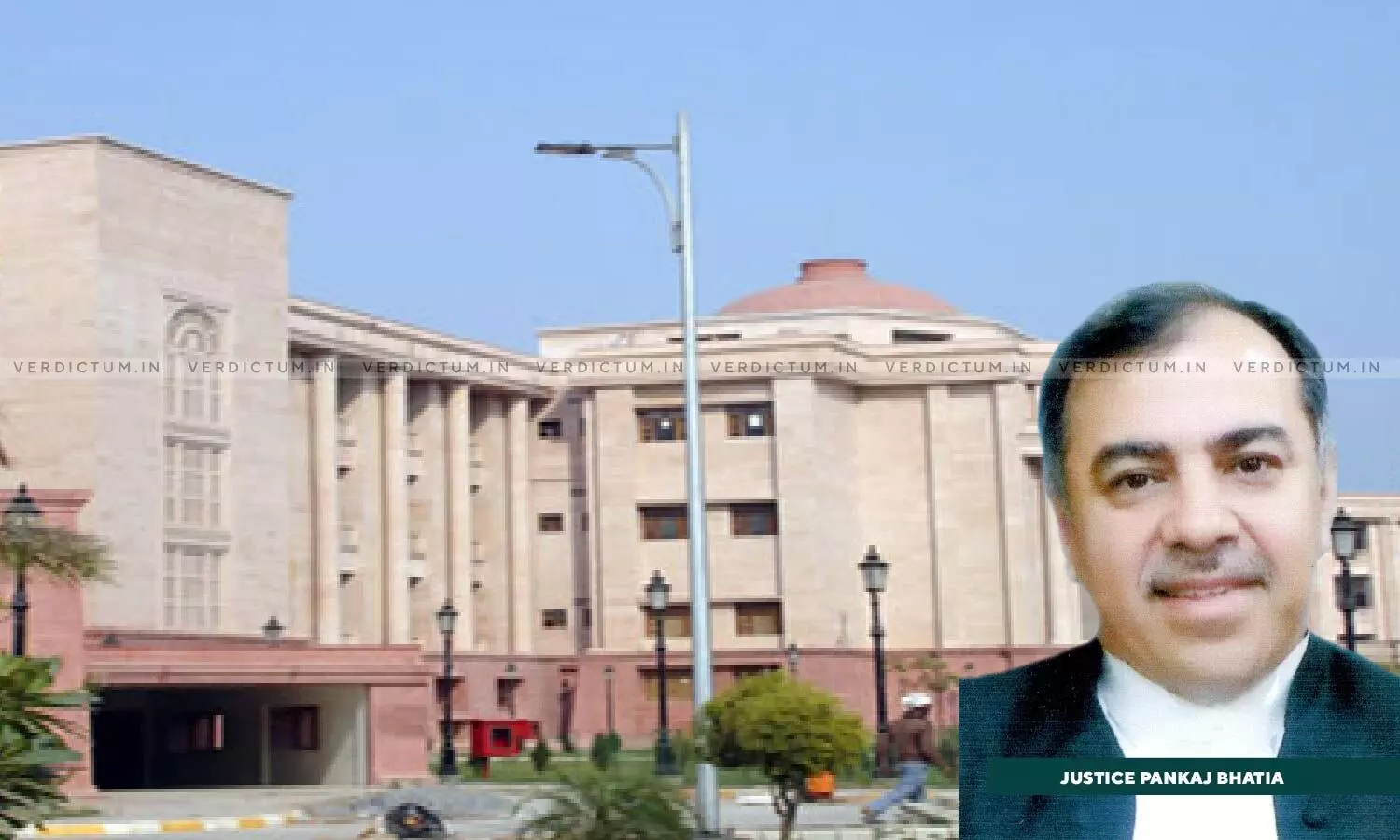
No Authority Can Initiate Prosecution Of Officers Under PC Act Unless Sanction Is Granted By Appointing Or Empowered Authority: Allahabad HC
 |
|The Allahabad High Court observed that no authority can initiate prosecution of the officers under the Prevention of Corruption Act, 1988 (PC Act) unless a sanction is granted by the appointing authority or the one which is empowered to remove the public servant.
The Lucknow Bench observed thus in a criminal revision preferred against the order of the Special Judge, Anti-Corruption, Central Bureau of Investigation (CBI) by which the discharge application of the accused was dismissed.
A Single Bench of Justice Pankaj Bhatia held, “No authority can initiate prosecution of the officers covered under the PC Act unless a sanction is granted by the appointing authority or the Authority empowered to remove the public servant, as the case may be. … The sanction should be granted/refused by the competent authority after application of mind and after considering the advice given by the CVC.”
Advocates Chandra Bhushan Pandey and Asim Kumar Singh appeared for the revisionist while Advocate Anurag Kumar Singh appeared for the opposite party.
In this case, the revisionist joined State Bank of India (SBI) as a Probationary Officer and subsequently promoted to the post of Deputy General Manager in the year 2008. The appointing authority was the Executive Committee of the SBI’s Central Board. While the revisionist was working as a Branch Head, an FIR was lodged against him and 11 other persons based on a complaint lodged by the General Manager, SBI. The allegation against him was that an amount of Rs. 6 lakhs was paid by the co-accused to the revisionist as a motive or reward for showing undue favours to the accused firm.
The revisionist moved an application under Section 227 of the Criminal Procedure Code (CrPC) seeking discharge on the ground that no case was made against him. He also contended that there was no sanction for prosecuting him which was required in pursuance to the mandate of Section 19 PC Act. However, the Trial Court rejected the discharge application noticing that the competent authority gave the sanction for prosecution in respect of the revisionist. Being aggrieved, he approached the High Court.
The High Court in view of the above facts noted, “… the Supreme Court clearly held that the power of the CVC is only an advisory power, however, it is a valuable input in the decision making process of the appointing authority; the final decision is to be that of the appointing authority after application of independent mind and the order of sanction should not suffer from illegality due to non application of mind or acting under dictation.”
The Court, therefore, culled out the following points –
• No authority can initiate prosecution of the officers covered under the PC Act unless a sanction is granted by the appointing authority or the Authority empowered to remove the public servant, as the case may be.
• The sanction should be granted/refused by the competent authority after application of mind and after considering the advice given by the CVC.
• The role of CVC as prescribed under the CVC Act is only advisory and merits consideration by the competent Authority but does not have any binding effect.
• The Authority empowered to grant /refuse sanction under Section 19 (1) of the PC Act alone can consider granting/refusing to grant sanction and is not empowered to delegate the powers vested in it.
• An order granting sanction/refusing to grant sanction by any authority not empowered under Section 19(1) of The PC Act is a nullity being without jurisdiction.
• Initiating prosecution on the foundation of an invalid/non est sanction order will be in the teeth of restrictions imposed under Section 19 of The PC Act and would clearly occasion failure of justice.
The Court said that in the case, the sanction order, based upon the which the CBI intends to proceed against the revisionist, is by an authority not empowered and thus without jurisdiction, it also suffers from the vice of non-application of mind insofar as it does not consider the earlier refusal of sanction order passed by the competent authority i.e. the Executive Committee of the Central Board.
“The sanction order dated 17.04.2012 also does not consider any input/opinion expressed by the CVC (if any) with regard to sanction for prosecuting the revisionist. The said order is also by a person who claims to be a delegatee of the appointing authority, whereas there is no power of delegation which vests either in the appointing authority to delegate its power or otherwise by virtue of the PC Act and thus without jurisdiction”, it added.
Accordingly, the High Court allowed the criminal revision and quashed the impugned order.
Cause Title- Sanjaya Dikshit v. Central Bureau of Investigation (Neutral Citation: 2024:AHC-LKO:45312)